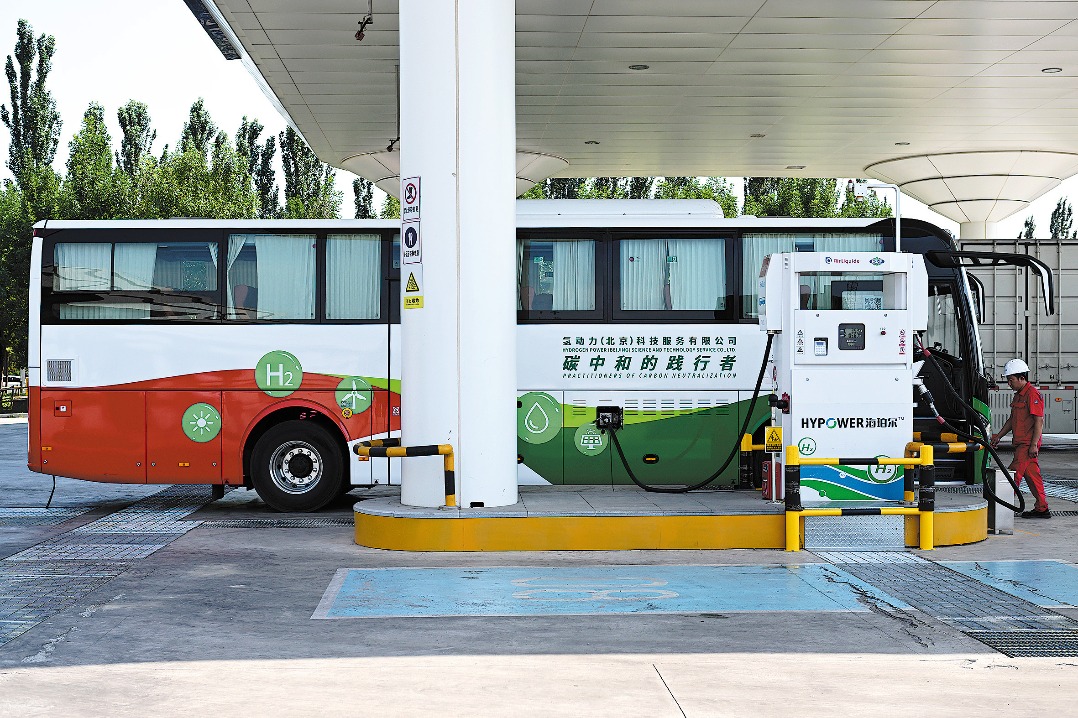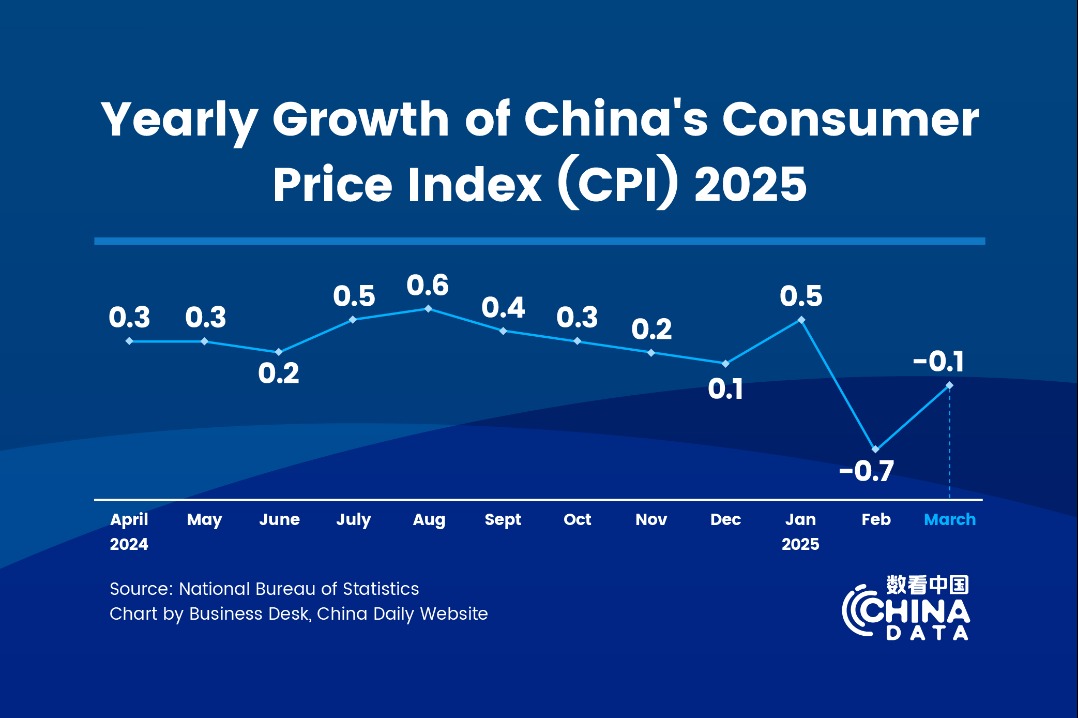Infusing investment with sustainability


The COVID-19 pandemic has exposed some limitations of public health systems and exacerbated existing social inequalities, spurring the adoption of government policies to support the most vulnerable sectors.
The recent experiences of many COVID-19-ravaged countries have heightened awareness of social issues among governments, companies and investors.
Some issues receiving heightened attention include healthcare system reform and greater government spending as protracted period of social distancing could result in deterioration of social cohesion and reduced trust in institutions and companies.
Any such eventuality would necessitate measures to protect the health and well-being of employees. Otherwise, employers may display a propensity to furlough workers or make them redundant, according to analysts.
A recent study by Moody's Investors Service indicated that three major ESG trends may receive increased attention of investors and may have material credit implications over time.
These are: institutional preparedness for greater types of global risks; social considerations related to healthcare access and economic inequality; and a shift from shareholder primacy in corporate decision-making toward a consideration of the needs of other stakeholders.
"As with other likely outcomes of the post-coronavirus era, the emphasis on ESG factors will largely mark an acceleration of trends that preceded the pandemic," the study indicated.
With the pandemic, "we know we need to rebuild the economy, and we've committed the stimulus", said Usher of the UNEP Finance Initiative.
In emerging markets such as China, infrastructure needs are mammoth. "Will the infrastructure be green, building forward, or brown and lock our economies into the past, a past of environmental decline that doesn't need to be the future?" Usher wondered.
The pandemic's economic fallout is serving as a large-scale stress test to find out the resilience level of corporations across the globe. Companies with the best governance have fared better so far. Defensive capital allocation strategies have been rewarded as the level of cash on the balance sheet has suddenly become a more interesting metric for investors than the dividend yield, he said.





































